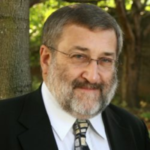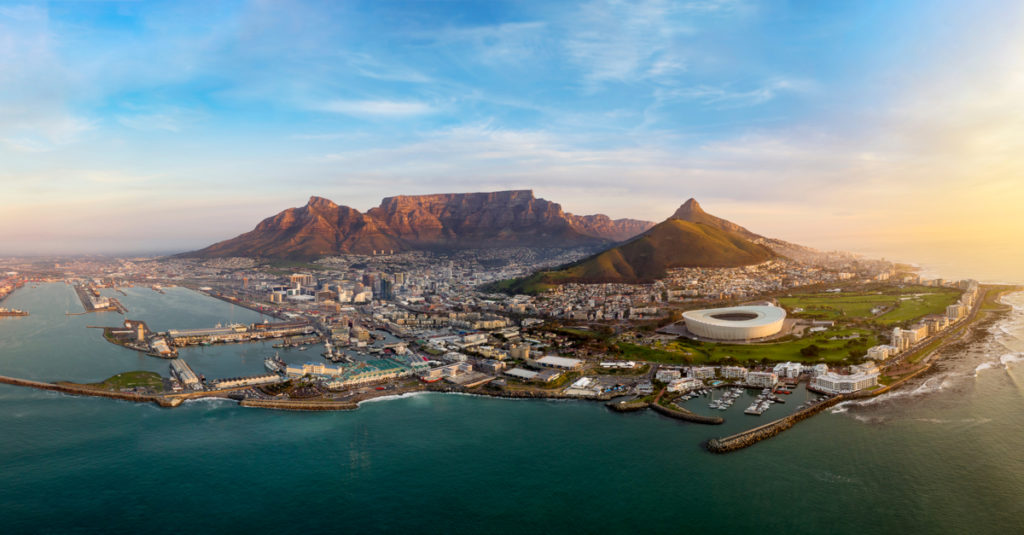Derek Hanekom was South Africa’s Minister of Tourism from 2014 until 2019 when he resigned as an MP after he filed a motion of no confidence in President Zuma over the Guptas and accusations of corruption. Zuma replaced Derek, but President Cyril Ramaphosa reappointed him and he was Minister of Tourism until the election when he stood down.
Derek Hanekom takes the concept of responsibility seriously. In 1976 he was arrested for participating in a peaceful candlelight demonstration outside the Police Headquarters in Johannesburg. In 1980 Derek and his wife, Dr Patricia Hanekom, joined the ANC and worked for it. They were arrested and convicted in 1983 and spent terms of three and four years in prison respectively. On release Patricia was deported to Zimbabwe and Derek joined her there. When the apartheid government announced the release of Mandela and unbanned the ANC they returned to South Africa in 1990 and Derek worked on land and agricultural matters for the ANC (Derek had a farming background).
Derek’s background in the struggle for a democratic South Africa, his sense of responsibility and the courage demonstrated by his willingness to risk the motion of no confidence in Zuma mark him out as an unusual Minister of Tourism. He understands the value of tourism as a sector which can bring employment for many and an industry that can be used for the development of his country. He demonstrated his passion for tourism, and what it can do for people, when he spoke at WTM London in 2018.
Last week I was able to interview Derek, I began by asking him about how important tourism was to creating a more just and equal society post-apartheid. We talked about the 1996 White Paper, which Derek describes as a ‘foundational document’, and one that has stood the test of time. As Derek points out there are outstanding examples of Responsible Tourism but South Africa needs more ‘enlightened self-interest’. We talked about the celebration of the multi-ethnicity at Constitution Hill and the diversity of South Africa’s culture. Township restaurants are providing great tourism experiences as experiential tourism is increasingly sought out by travellers.
We talked about the land restoration movement and the creation of lodges with public funds, owned by the communities. These lodges and the employment they offer for local communities, are now struggling because of the COVID-19 lockdown. Derek points out that smaller businesses often have diverse income streams and reflects on the responsibility of larger operators to enrich the tourist experience and local communities. Responsible Tourism businesses have stepped up to help their neighbours during COVID-19. Emerging businesses should be seen as an opportunity and as potential partners to create shared value and improve tourism. Large businesses need to respond to the challenge and step up to the mark.
We concluded with Derek’s reflections on the challenge of activism and the awareness of prejudice, racism and need for justice. As Derek points out, we need more responsible tourists and businesses, innovative thinking is required. Tourism, he argues, can be a catalyst for change. The interview concluded with a discussion of District 6 and its importance. Inclusive tourism requires transformation, the legacy of apartheid should not be ignored, there are import places of memory which must be included in the tourism experience.
This year’s World Responsible Tourism Awards have been adapted to recognise businesses, individuals, destinations and organisations which have taken responsibility to address the challenge of COVID-19. Find out more about the Awards and nominate online by the end of July.
Only those nominated can be recognised by the judges, you can nominate yourself and others, and you can nominate as many as you wish.
You may also be interested in…
- Does the COVID-19 emergency mean over-tourism is over?
- How do we redesign tourism for a sustainable future?
- Will 2020 define the future of tourism?


